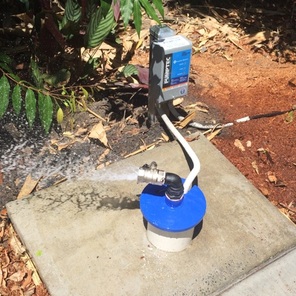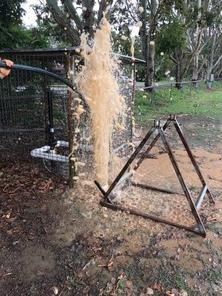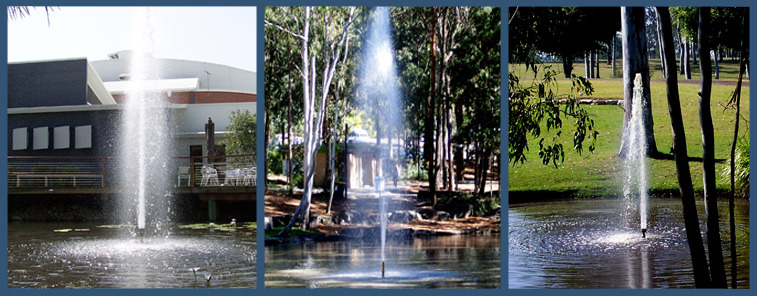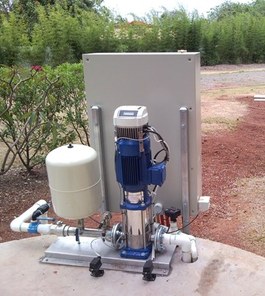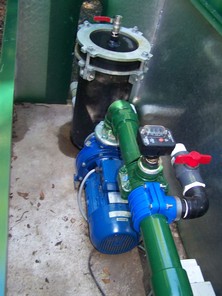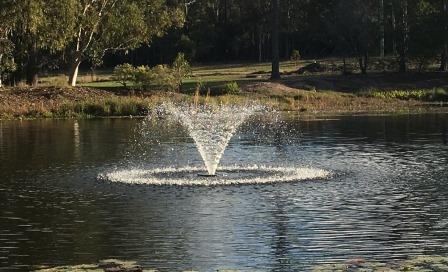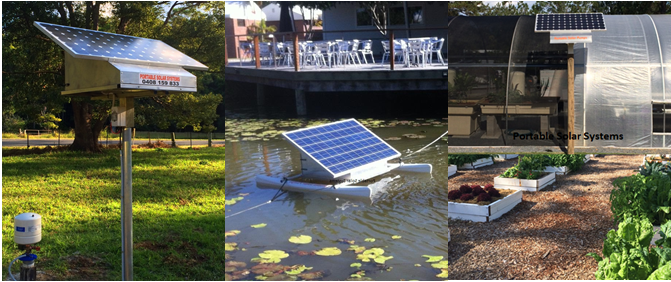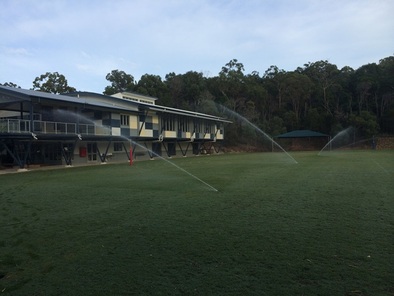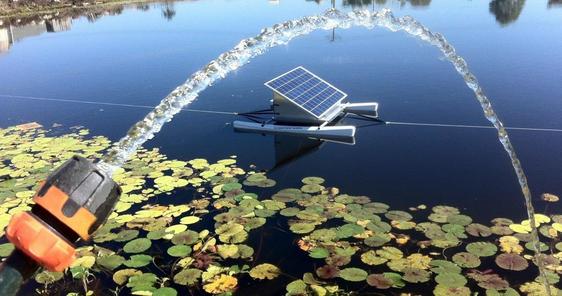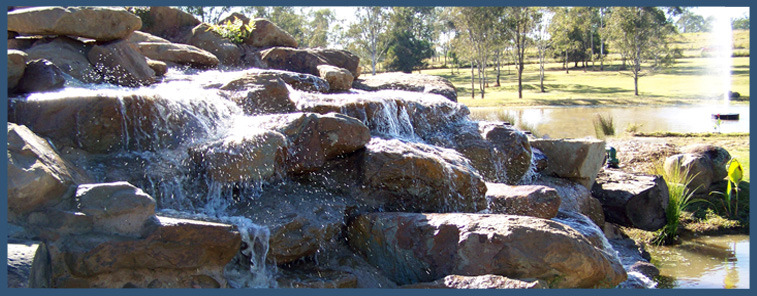Bore Water Drilling
What to look for in a bore drilling contractor:
- Years of experience
- Reputation from within the industry
- Reputation from other customers
What you need to ask your bore driller before you choose one:
- Are they licenced ? Usually there will be a drillers licence number on the quote or check with the State Mines and Energy Department .
- How long does it take ? This is a hard one to answer. A typical low flow (50 litres per minute) 30 metre hole, in good ground (sand stone), could take 8 hours if done correctly but a high flow (400 litre per min) 30 metre hole, in sand, could take 3 days.
- How much does it cost ? This will also depend on the ground structure and eventual flow rate required. The industry charges in two ways:
1) Drilling cost per metre, then casing cost per metre, usually in 6 metre lengths and usually a minimum of 24 to 30 metres.
2) A combination of metre drill rate / hourly rate - this option is used for high flow difficult drilling where unforseen ground problems occur. The rates are directly proportional to the qualifications, experience and number of satisfied customers.
The rates are as follows:
Drilling Rates - Start from $145 including GST per completed bore
- What about the mess ? There will be mud, dust and hopefully water which someone will need to clean up. The bore driller doesn't clean up this mess as it may need to dry out before it can be cleared away.
- Is the driller the operator of the machine or is he just watching ? Is the machine operator being trained on your job ?
- What about dry holes ? What are the charges ?
- What level of salinity is ok to use ? Usually a bore has salts from 00 ppm to that of the ocean 50000 ppm. A salt water pool is usaully 5000 ppm and town water in Brisbane is approximately 300 ppm. Some bore holes when drilled can be quite high (3000ppm) but after running for some days can drop down to acceptable levels under 1200 . After running the bore for several weeks a proper chemical analysis should be done. This will split up the salts from the minerals.
- Will you get a drillers log ? Yes you must have a drillers log on completion of your bore.
- What water testing can they do on site? All good drillers will have a saline testing instrument which is used on each stream of water found and tested for rising or lowering salt levels as the hole gets deeper. It is a good idea to discuss the saline level before casing the hole . There is a lot of cased bores with salt levels greater than back yard pools which can't be used for much.
- How long will they honour the bore's water output ? This is pure ethics. I've had first hand experience with inaccurate bore hole flow rate recommendations after 15 mins of installing new pumps they have run dry. Insist of a flow rate test after it has been cased. It easy for things to go wrong when the casing is installed. It's expensive to install a pumping system in an under sized bore.
- What type of gravel packing will they use ? The size and shape of the gravel will depend on ground material found.
- Will you be offered a stainless steel casing screen ? This can be expensive and is reserved for sandy conditions and high flow bores.
- What size bore casing will you end up with ? There was a time when 100 mm casing was the norm but today just about all the bores are 125mm occasionally a 100 mm casing is used if the bore driller is inexperienced or has had problems with the ground structure or if offering a cheaper option. By having a 100 mm hole there is little tolerance for error when using a 4 inch pump and a pump shroud is not going to fit.
- What is the actual drill head size ? A quality driller will use a large drill head and use more gravel. This will mean more expense but a better outcome for your bore. Most driller will usually use a 7"- 12" drill bit the larger the better.
- Will the bore driller be able to complete the bore if there is large amounts of sand, gravel, mud, coal seams or a cavity in the ground ? If so what is the process and at what cost ? A quality driller will never give up on a bore. Usually the best water is in these layers and only a driller with the right experience and equipment can drill in these spots. This is why it pays to get the right driller from the start.
You get what you pay for !
